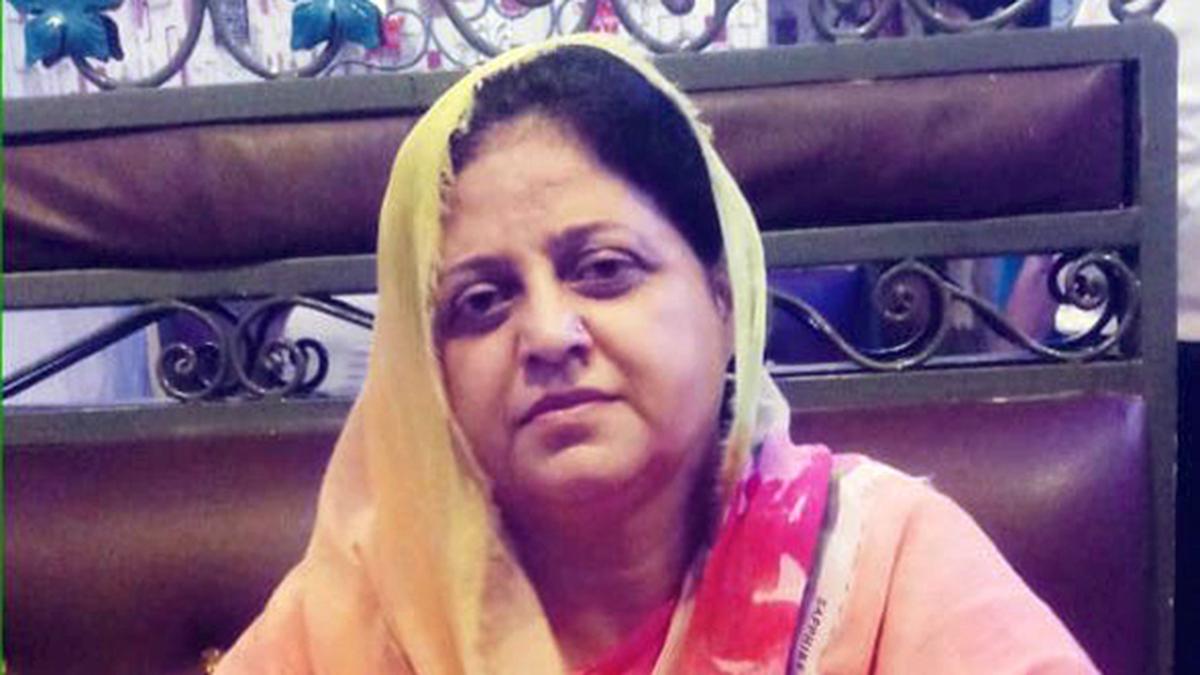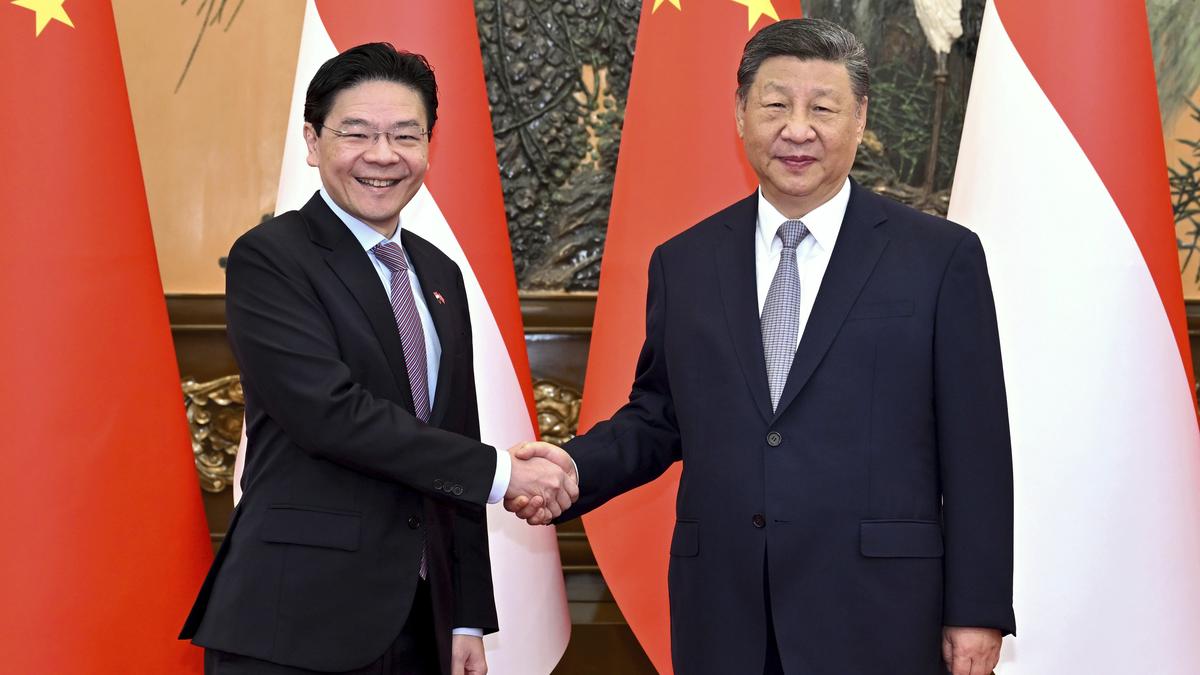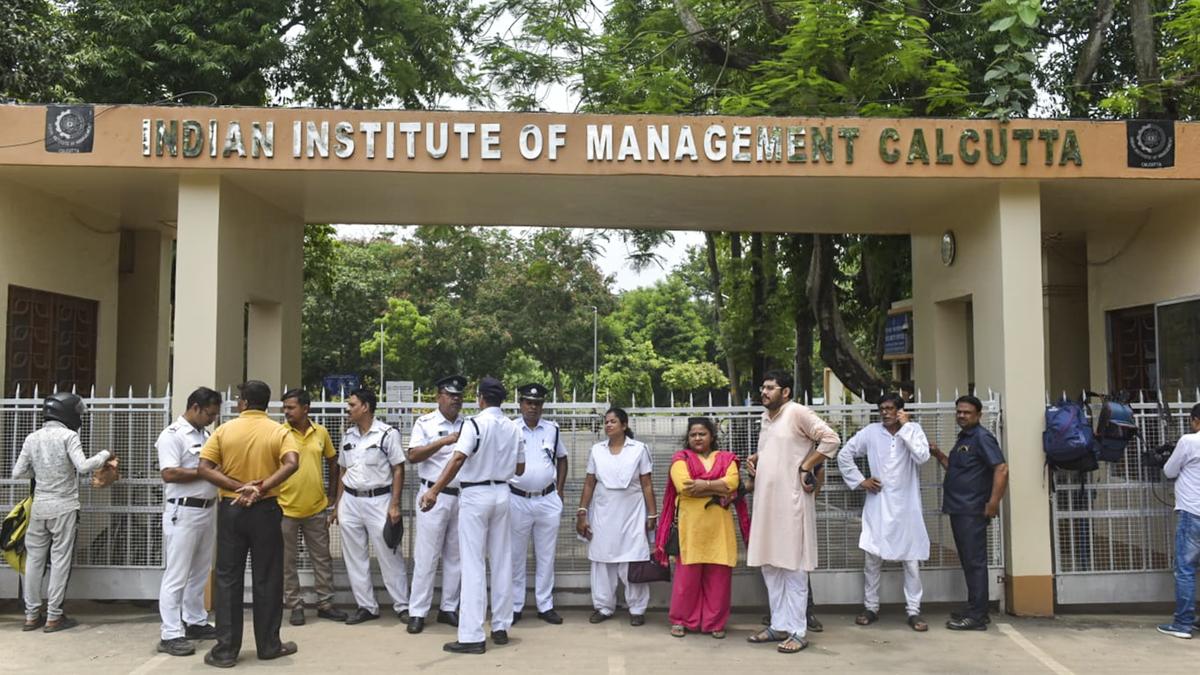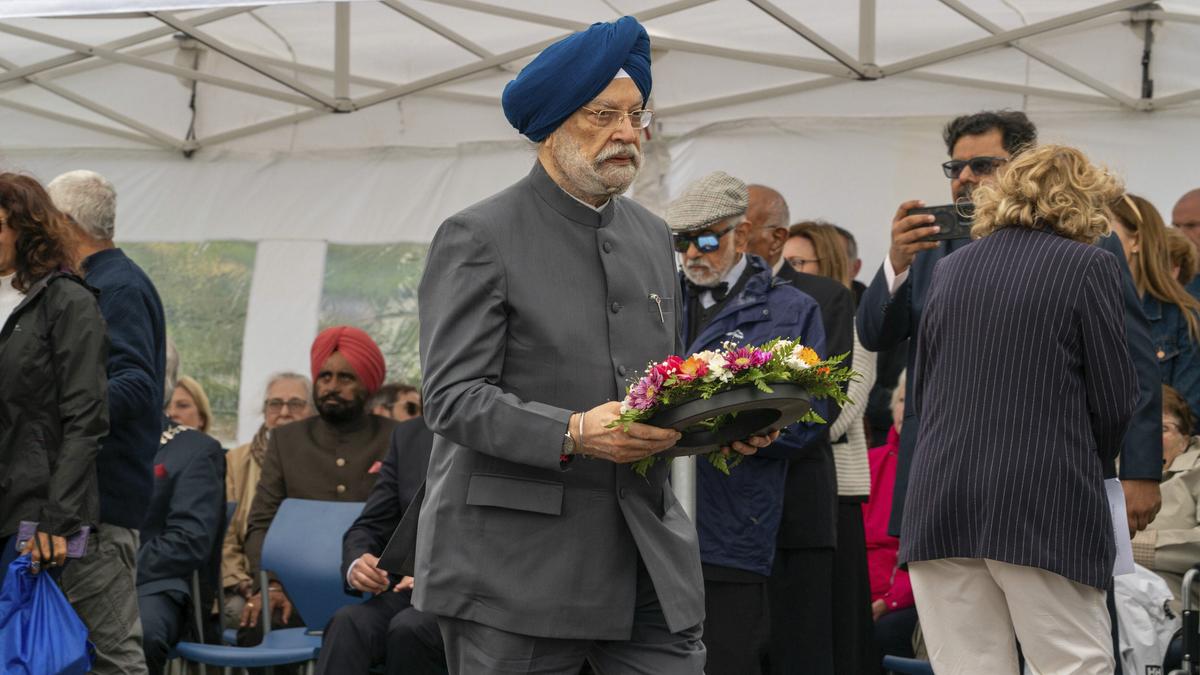
Rakshanda Rashid’s daughter Fatima Sheikh had told The Hindu earlier that her mother was taken to the Attari border in Punjab by the Jammu and Kashmir Police and expelled from the country on April 28. File
| Photo Credit: Special Arrangement
The Jammu and Kashmir High Court on Thursday (July 10, 2025) sought a response from the Union Ministry of Home Affairs (MHA) regarding the status of the long-term visa (LTV) application of a 62-year-old housewife who was deported to Pakistan following the Pahalgam terror attack.
The petitioner Rakshanda Rashid, a Pakistani citizen married to an Indian, had lived in Jammu for 38 years on an LTV, which was annually renewed. She had applied for citizenship in 1996 but the request has yet to be processed and at the time of deportation, her LTV application was pending with the Ministry.
Also read: Home Ministry appeals against J&K High Court order to repatriate woman deported to Pakistan
A Division Bench of Chief Justice Arun Palli and Justice Rajnesh Oswal orally asked the Ministry to furnish the reply on July 17, the next date of hearing.
The matter could not be argued on Thursday (July 10, 2025), as Solicitor General of India Tushar Mehta, who was to appear on behalf of the Ministry, was busy in another case in the Supreme Court.
The petitioner’s counsel Ankur Sharma said they hoped a solution within the legal framework.
Also read: Bring back woman deported to Pakistan: J&K High Court
“The case could not be argued, but during oral discussion, we conveyed to the court that we want a solution and do not want to take an adversarial position against the government,” said Mr. Sharma.
On June 29, the MHA had appealed against a June 6 order by Justice Rahul Bharti, who directed the Union Home Secretary to bring back the petitioner from Pakistan in 10 days.
The Ministry said the “judiciary should not override” the executive’s decision to deport a foreign national, adding that the High Court order was constitutionally impermissible and unsustainable, as it directed the enforcement of a judicial writ beyond the sovereign territory of India in Pakistan, where she was deported to, and was thus ultra vires. The Ministry also said that the court’s direction was “legally unenforceable and diplomatically untenable”.
Also read | Cause and effect: On human rights, citizenship cases
After the April 22 Pahalgam terror attack in which 26 people were killed, the Ministry cancelled the visas of all Pakistani citizens and asked them to leave the country by April 29. The order exempted those with LTVs or Pakistani women married to Indian citizens. The woman was deported despite the Ministry’s guidelines stating that Muslim women who are married to Indian citizens and have applied for LTVs are not required to leave the country.
Ms. Rashid’s daughter Fatima Sheikh had told The Hindu earlier that her mother was taken to the Attari border in Punjab by the Jammu and Kashmir Police and expelled from the country on April 28.
She said her mother had applied for an LTV extension in January, yet the leave-India notice served by the police said the application was made on March 8. She said she got emails on April 26 and May 9 from the Foreigners Regional Registration Office (FRRO) that the LTV application was “under process” and awaiting approval from higher authorities. Ms. Sheikh said her mother had no immediate relatives in Pakistan and was living alone in a hotel with little money.
Published – July 10, 2025 09:24 pm IST



